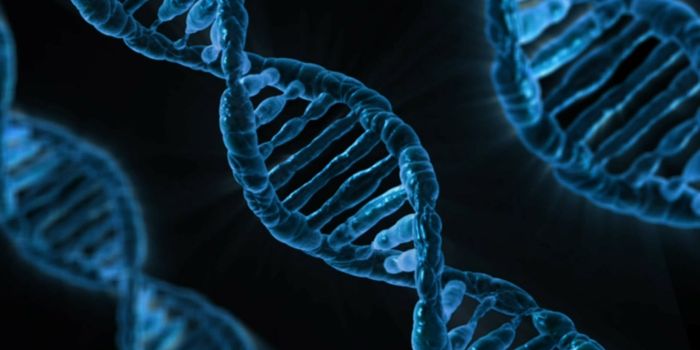Dopamine Could Cause Heart Arrhythmia After Heart Failure
Everyone knows that friend with a tattoo of a molecule of dopamine. Usually associated with the pleasure response, it is also important in other parts of the body. Maybe next time you see that friend, you can educate them a bit about that tattoo of theirs.
Dopamine is popular in the media for its role as a neurotransmitter. Still, medically it has a much more significant role in treating various cardiovascular disorders, including the treatment of heart failure. A study some time ago showed that activating dopamine’s receptor can actually be harmful to your cardiovascular health, increasing the risk for heart failure patients.
The reasoning behind this result is a mystery, as the actual cellular activities behind this increased risk haven’t been explored just yet. In a new study out of the University of Tokyo, a team began investigating how activating dopamine’s receptor triggers this negative response. In contrast, dopamine itself is still used as a cardiovascular drug.
The study revolved around various mouse models to ensure they could get physiological results. They induced heart failure in a group of mice and followed changes in protein levels. A dopamine receptor, DRD1, increased alongside other heart failure biomarkers.
The team then wanted to see how dopamine, which would activate the receptor, would affect a normal and a dopamine receptor deletion mouse strain alongside stimulated heart rate. Both groups of mice had similar heart function after heart failure induction. Still, with dopamine and caffeine (heart rate stimulator), the normal mice (DRD1+) revealed a heart arrhythmia while the dopamine receptor deletion mice did not.
Since calcium dysregulation is a common cause of heart arrhythmia, the team started there. They knew that dopamine activated certain proteins as a neurotransmitter, so they created a profile of those proteins and found the RyR2 signaling pathway to have some of the same proteins involved. A simple test showed that RyR2 was indeed over-activated in mice with high dopamine receptor expression.
This study revealed for the first-time experimental evidence for a mechanism behind dopamine’s adverse effects in heart failure. The results point to dopamine receptors being upregulated after heart failure, which causes arrhythmia in the heart. A quick examination in human data showed that many heart failure patients and patients with other cardiovascular disorders have higher dopamine receptor levels, giving more support to their data.
The study concludes, “Altogether, these findings demonstrate the role of D1Rexpressing CMs in triggering heart failure-associated ventricular arrhythmia.”
Sources: Nature Communications, Northwell Health









